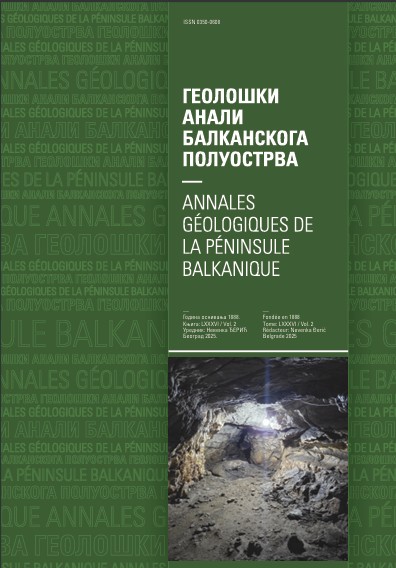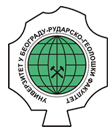Prospects for wider energetic utilization of subgeothermal water resources: Eastern Serbia case study
Abstract
Extensive worldwide usage of fossil energy sources causes high pollution and contributes toglobal warming. Hence, achieving energy independence by stimulating efficient use of energy and environmentally friendly exploitation of renewable sources is a main orientation of European countries. Geothermal energy is generally treated as a renewable and inexhaustible energy source. Nonetheless, directuse of low enthalpy subgeothermal resources, i.e. groundwater of 30ºC or lower, for heating is commonly viewed as economically unjustified. To enable its usage, large panel surfaces or a high-temperature heat pump with excellent efficiency is required. The development of a cascade type heat pump and its wide application would enable more efficient utilization of widely available and easy replenished groundwater sources withtemperatures of 10–30ºC. The hydrogeological conditions in eastern Serbia are particularly favourable for exploitation of subgeothermal resources due to rich aquifer systems and notable terrestrial heat flow formed into the main geostructures of the region (Carpathian-Balkan arch and Dachian basin). More intensive exploitation of subgeothermal sources additionally justifies the existence of a number of urbanized small and medium-size cities with a heating infrastructure already developed and centralized. Sustainable use of groundwater resources should be followed by thermal reconstruction of the previously constructed buildings as well as new legislation which supports and encourages development of renewable energy sources. It is estimated that the total potential thermal power which can be generated from subgeothermal waters in the study area is around 33 MWt, which corre-sponds to some 16 % of the total heat requirements.
Copyright (c) 2011 Geološki anali Balkanskoga poluostrva

This work is licensed under a Creative Commons Attribution 4.0 International License.










